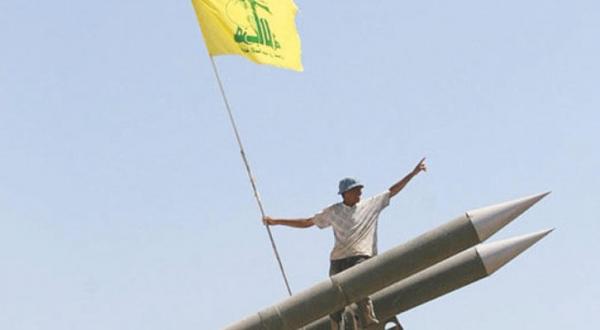Beirut-Lebanon’s Hezbollah has failed yesterday to convince the Lebanese government to condemn the Gulf and Arab stance, which classified Hezbollah a terrorist organization. Thus, putting Tammam Salam’s government at the edge of the cliff according to what one of the ministers told Asharq Al-Awsat.
Lebanese ministers from March 14th party found themselves stuck between facing Hezbollah by resigning from the government, which leads to the fall of another institution in the country that is still suffering from presidential vacancy, or by backing Hezbollah in facing the Arab and Gulf consensus again.
According to what ministerial source told Asharq Al-Awsat, despite Hezbollah’s loss in the governmental consensus on Thursday; as it failed in issuing an official declaration condemning the Arab and Gulf decision, yet the Lebanese government is living a state of confusion as a result of its fear from any uncontrollable situation if it decided to resign and halt talks with Hezbollah or continue covering up Hezbollah’s actions in the region.
At the time when the Political and Strategic Analyst Sami Nader sees that the Lebanese government is confused between resigning or covering up Hezbollah’s acts, the Minister of Social Affairs, Rashid Derbas told Asharq Al-Awsat that the PM is not willing to resign anytime soon.
The latter added: “We are concerned today more than ever since Lebanon is no longer living under the security umbrella and the Lebanese parties are now obliged to stop talking and provoking.”
Moreover, regarding the steps that should be taken by the government following the Gulf decision, Derbas asked whether the government is capable of facing Hezbollah. He also said that everybody knows that Lebanon cannot face Hezbollah neither can the regional powers, and Derbas confirmed that his government is against armament and with democracy and institutions’ activation.
Administrative Development Minister Nabil de Freij talked with Asharq Al-Awsat about a considerable disagreement with Hezbollah, which acts as a statelet within a state, in addition to interfering in the affairs of other countries, both politically and militarily.
He added that the Lebanese government has no other choice but to deal with this reality so as to maintain the stability of Lebanon.

